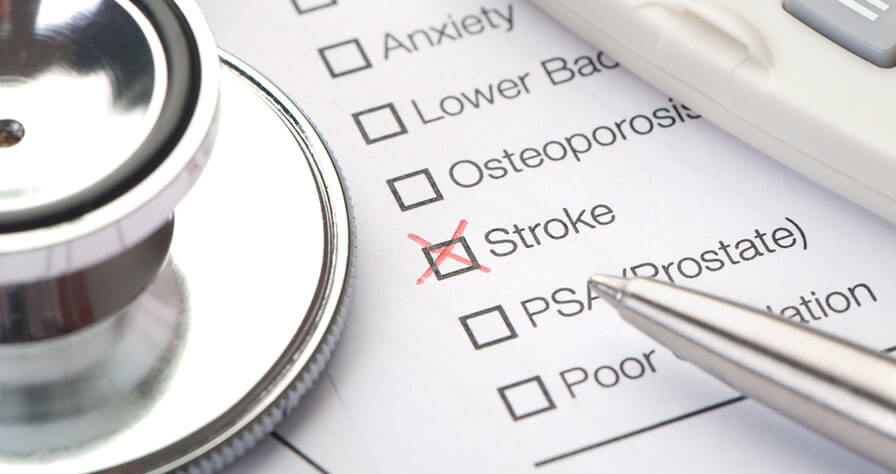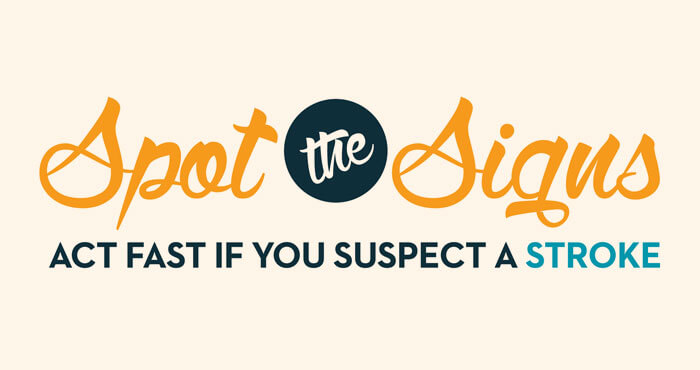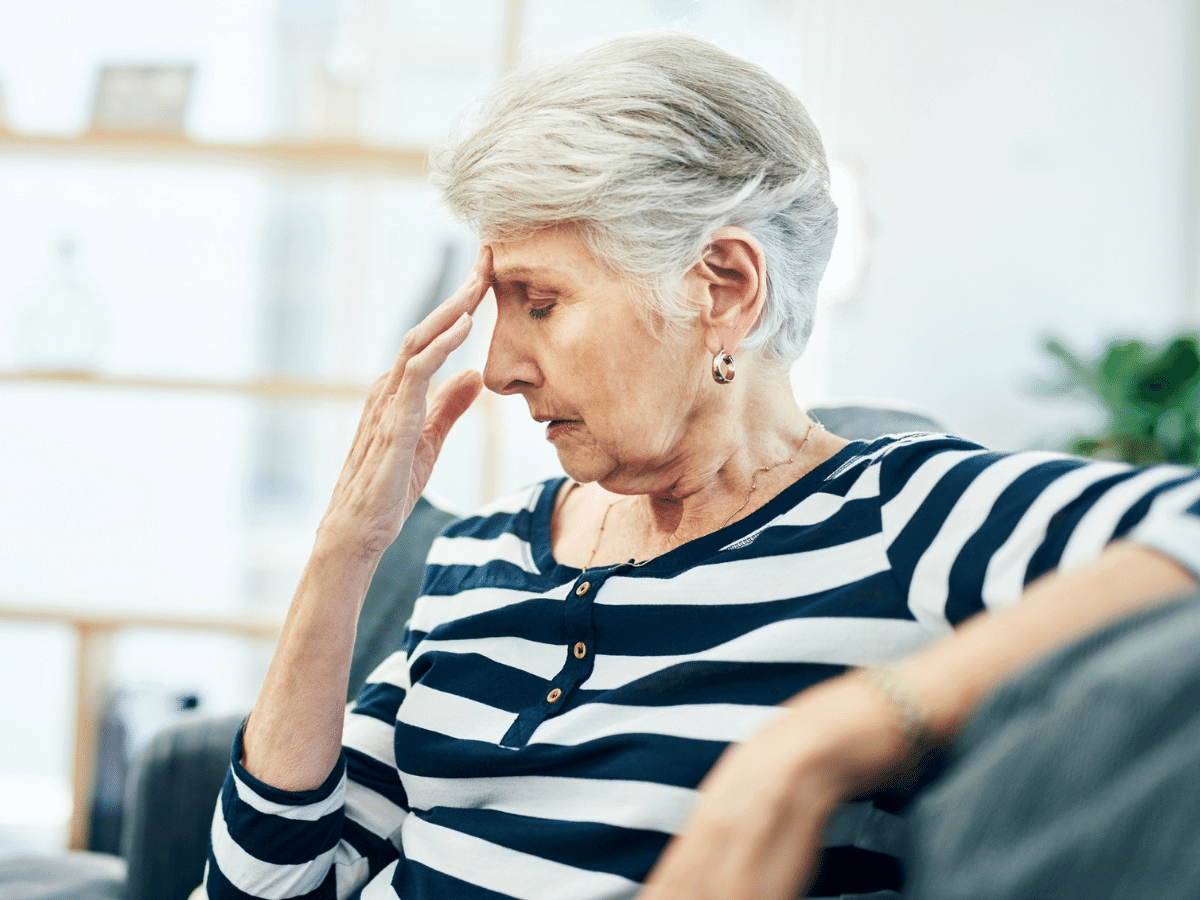Stroke Myths vs. Facts

Stroke is the No. 5 leading cause of death in the United States, according to the American Stroke Association. However, lots of myths and misconceptions about stroke persist.
Myth: Only The Elderly Suffer Strokes
Fact: Almost 25% of all strokes happen to people under the age of 65. Even infants can have strokes. Younger people are more likely to ignore symptoms because they think they’re too young for a stroke.
Myth: Women Don’t Have Strokes
Fact: Women actually suffer more strokes than men, albeit only by a marginal amount.
Myth: There Are No Warning Signs For Stroke
Fact: There are recognizable symptoms that herald a stroke. You can use the Face, Arm, Speech Time (FAST) test to determine if someone is suffering a stroke. If the face is drooping, the arm or leg goes weak and speech is garbled, get the person to the emergency room as quickly as possible. The faster someone receives treatment, the faster the recovery can begin.
Myth: Stroke Is A Type Of Heart Attack
Fact: Stroke and heart attack are closely related, but a stroke affects the brain — not the heart. A stroke occurs when an artery that leads to the brain becomes clogged or ruptures. This cuts off the oxygen supply the brain needs to function, and brain cells die.
Myth: Aspirin Can Treat A Stroke
Fact: Aspirin can help treat a heart attack, but a stroke is not a heart attack. If you’re suffering a hemorrhagic stroke (a stroke with internal bleeding), taking aspirin can actually make the stroke more severe.
Myth: Stokes Can’t Be Prevented
Fact: According to the National Stroke Association, up to 80% of strokes are preventable. You can help prevent stroke by managing blood pressure and diabetes, taking cholesterol medication, maintaining a healthy weight and eating a heart-healthy diet.
Myth: Strokes Don’t Run In The Family
Fact: Strokes are definitely hereditary. A family history of stroke increases your chances of having a stroke yourself.
Final Word
If you’re at a heightened risk for stroke, speak to your healthcare provider about measures you can take to reduce that risk. And remember, time is of the essence when it comes to treating stroke. When symptoms of a stroke are identified, get to the emergency room as soon as possible.
Learn about stroke care at Baptist Health.


